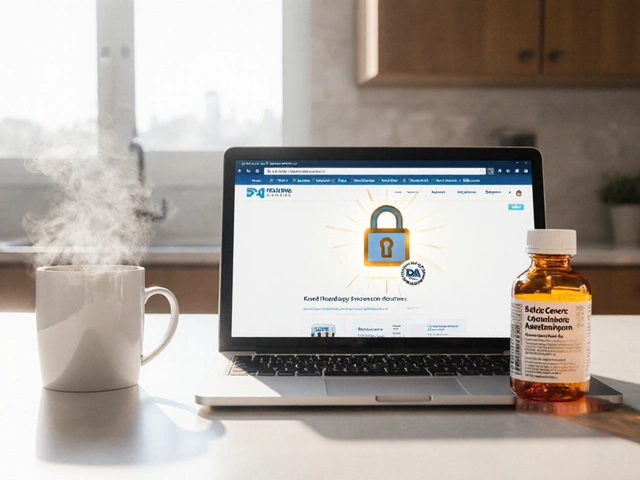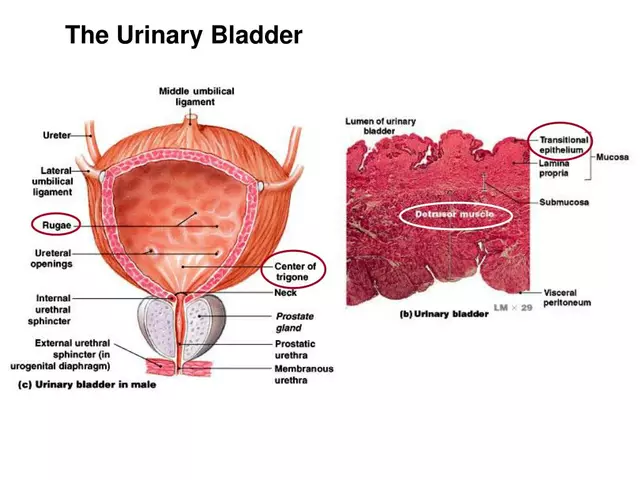Medication Effects: What to Expect and How to Stay Safe
Medications can help a lot, but they can also cause effects you weren’t expecting. Some are mild and fade, others need action. This page helps you spot common problems, reduce risks, and know when to call your doctor or pharmacist.
Common types of medication effects
Side effects: These are unwanted reactions like nausea, drowsiness, dry mouth, or headaches. For example, antidepressants such as Lexapro (escitalopram) often cause mild nausea or sleep changes at the start.
Serious effects: Some drugs raise the risk of bleeding (think Plavix/clopidogrel) or cause fluid retention and weight changes (Actos/pioglitazone). These need prompt attention and regular checks from your prescriber.
Allergic reactions: Rash, swelling, or breathing trouble can mean an allergy. Stop the drug and get urgent help if breathing or swallowing is affected.
Interactions: Combining medicines — including over-the-counter drugs, supplements, or even grapefruit juice — can change how a drug works. For example, certain antibiotics or antifungals can change levels of other meds and cause problems.
Long-term effects: Some medications have cumulative impacts on organs, bone health, or metabolism. That’s why regular monitoring (blood tests, scans) matters for long-term treatments.
How to reduce risks and handle effects
Read the leaflet and ask specific questions. Know the main side effects, when they usually appear, and what to do if they start. Keep a list of every medicine and supplement — bring it to appointments.
Small, practical habits help: take meds with food if advised, avoid alcohol where warned, and stick to the prescribed dose. If a drug causes bothersome but non-dangerous effects, don’t stop suddenly — many meds need tapering or a safer switch.
Talk to your pharmacist about interactions before adding new pills or supplements. They can flag risks like combining blood thinners with NSAIDs or mixing sedatives that increase drowsiness.
Monitor and record. Note the time of day you took the drug and any new symptoms. This makes discussions with your doctor faster and more accurate.
When to seek help: get urgent care for chest pain, fainting, severe shortness of breath, high fever, uncontrolled bleeding, or signs of severe allergy. For ongoing but non-urgent issues, call your prescriber or schedule a review.
Want more practical reads? Check our specific guides on Lexapro, Plavix, Actos, and antibiotic options to see real examples of effects and management tips. Questions about a specific drug? Ask your healthcare team — and keep this page as a quick check when you start something new.






